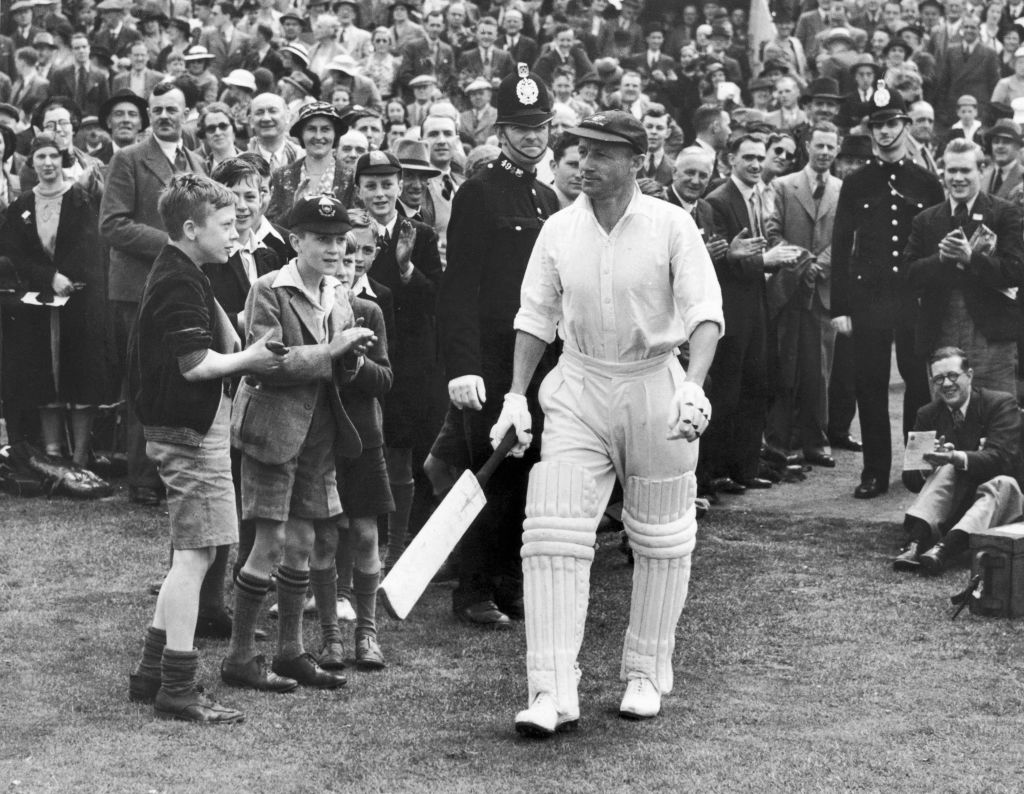
Boasting one of the oldest sporting traditions globally, the Ashes are one of the sport's most significant battles.
The birth of the Ashes has been passed down through families for generations, and it all started in 1882 when Australia defeated a full-strength England XI for the first time on English soil. As is a common trend in the 21st century, the English media condemned their chargers for such a catastrophic failure, publishing a satirical obituary in the Sporting Times.
'In affectionate remembrance of English cricket which died at The Oval, 29 August 1882'.
-N.B. The body will be cremated, and the Ashes taken to Australia'.
With the sudden death of English Cricket, one man was hell-bent on reclaiming the urn, and his name was The Hon. Ivo Bligh. Akin to King Arthur searching for the Holy Grail, Bligh embarked on the noblest sporting quest and captained England to the 1882/83 Ashes victory on down under.
As the story goes, Bligh was celebrating Christmas at the Rupertswood Manor, the elaborate home of Sir William Clarke, when he was presented the burnt bails of the Third Test in a tiny terracotta urn by his future wife, Florence Morphy.
Australian sports journalist Clarence Murphy revived the concept of 'The Ashes' in the 1890s. It became an integral part of the Australian/England rivalry when English captain Pelham Warner published a novel after his resounding 1903-04 Tour win titled 'How We Recovered the Ashes.'
Specific Tests have been played that will go down in the annals of the long history. Some have shocked us, some have enthralled us, some have devastated us. Let's look into the Top 10 Greatest Ashes Tests in History and dive into the players who created their own history.
8. 1950-51
First Test, Brisbane, 1-4 December (Australia won by 70 runs)
Australia 228 (55.5) 7/32 (13.5) dec & England 7/68 (22) dec 122 (68)
The most remarkable scoreline in Test cricket history.
England found themselves on top early, rolling the Australians for 228, Alec Bedser claiming 4/45 from 16.5 (8-ball overs). After Australia's paltry score of 228, no ball was bowled on the Woolloongabba wicket for two days, with no cricket on Sundays due to the 'rest day' initiative, which lasted more than 100 years. The wicket, which was protected by the covers, had developed significant amounts of moisture, and play on day three was delayed until Lunch.
The English batted 22 overs for 7/68 before captain Freddy Brown declared their innings at half-past 3. Brown knew the pitch had some tricks, and in only 13.5 overs, Australia lost seven wickets for 32 runs before Australian captain Lindsay Hassett declared, setting England 192 for an improbable victory.
Early wickets to leg-spinner Jack Iverson saw England slide their legendary batting veteran Len Hutton down the order to resurrect their innings at number eight. With the scores, 6/30, Hutton already had his work cut out for him and put on 31 runs for the ninth wicket with Captain Brown. By the time Iverson had number 11 Doug Wright edge to Ray Lindwall for two runs, Len Hutton had masterfully made his way to 62 in 90 minutes, giving the spectators one of the most impressive Ashes victories in history.





